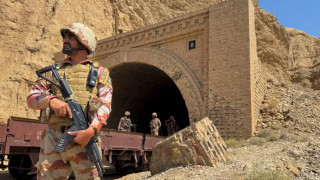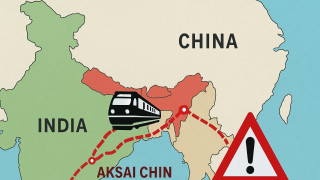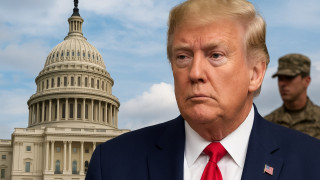
Munir Promises to Hit at India’s Economic Symbol (Social media)
International News: Pakistan’s Army Chief, General Asim Munir, has issued a sharp warning to India, claiming that his country could target major economic sites, including the Jamnagar Refinery in Gujarat. This facility, owned by Reliance Industries Limited (RIL), is the largest single-location oil refining complex in the world and a crucial pillar of India’s energy system.
The statement was reportedly made during a formal dinner gathering in Tampa, Florida, USA, where Munir addressed select guests. In his remarks, he said Pakistan would not limit itself to traditional military targets but would consider striking India’s key economic hubs—particularly oil installations. This is being seen as the first time a senior Pakistani military leader has openly spoken about attacking India’s economic infrastructure.
Munir also brought up a social media post that had circulated recently. It featured a Quranic verse alongside a photograph of Mukesh Ambani, the chairman of RIL. According to Munir, the post was released on his instruction during a period of heightened tension between India and Pakistan. He claimed it was meant to signal to India what could happen “next time” if hostilities escalated.
The verse Munir referred to is from Surah Al-Fil (Chapter 105 of the Quran), which tells the story of the Year of the Elephant in 570 CE. Historical accounts say that the ruler of Yemen, Abraha, marched with an army that included elephants to destroy the Kaaba in Mecca. As the story goes, God sent flocks of birds carrying baked clay stones, which destroyed Abraha’s army before it reached its target.
By quoting this verse, Munir appeared to draw a parallel to modern warfare—implying that Pakistan could use aerial strikes to destroy key facilities. Analysts believe this was an intentional metaphor to project the possibility of precision attacks from the air.
India regularly assesses threats to its vital infrastructure, especially facilities located in border states. Intelligence reports over the years have pointed to potential plots by Pakistan-backed militant groups against sensitive sites, including the Jamnagar Refinery.
Security experts see Munir’s open threat as more than mere rhetoric. By naming Ambani and the refinery, he signaled an intent to undermine India’s economic capacity rather than only focusing on military confrontation.
The Jamnagar Refinery processes about 33 million tonnes of crude oil each year, accounting for nearly 12% of India’s total refining capability. It not only supplies a significant portion of the country’s domestic fuel demand but is also one of the biggest exporters of refined petroleum products from India.
Any attack or disruption could have major consequences for India’s fuel supply chain and foreign trade earnings. This is why the refinery has always been classified as a high-security asset.
Munir’s remarks may further strain the already tense relations between India and Pakistan. While India maintains robust defense systems around critical infrastructure, such a direct warning is expected to prompt a fresh review of security protocols for high-value economic targets.
In the current climate, even symbolic threats carry the risk of escalating tensions. Experts believe that statements like this could push both nations toward a more cautious yet confrontational stance in the months ahead.













Copyright © 2025 Top Indian News
